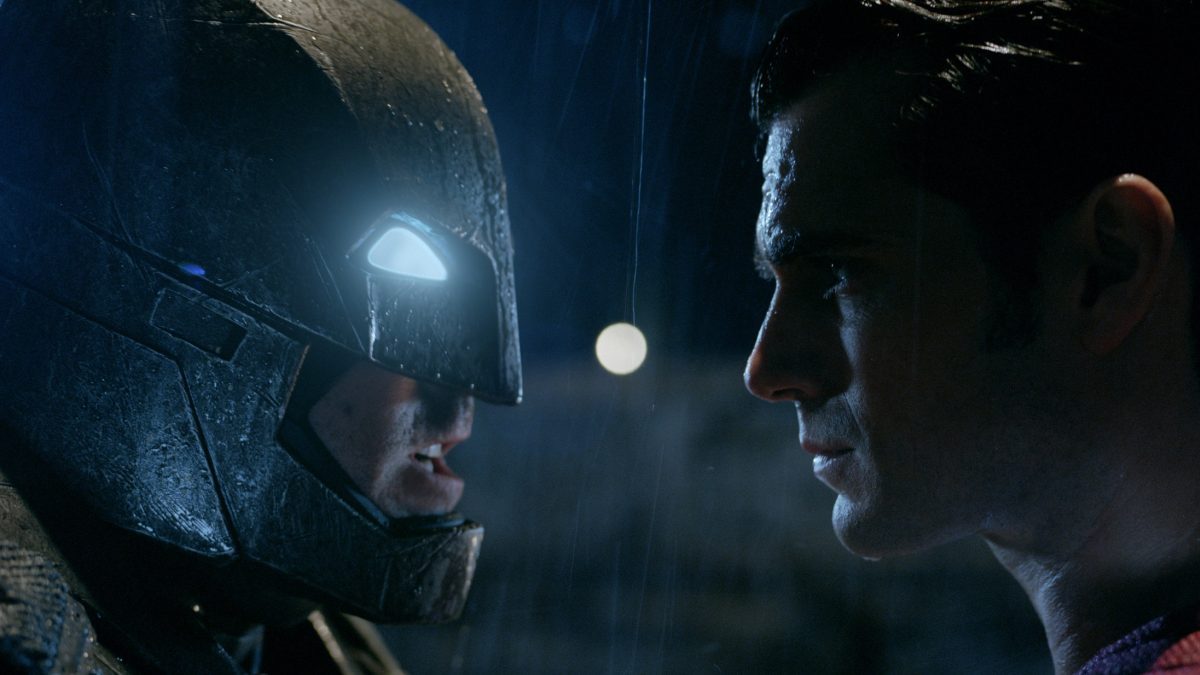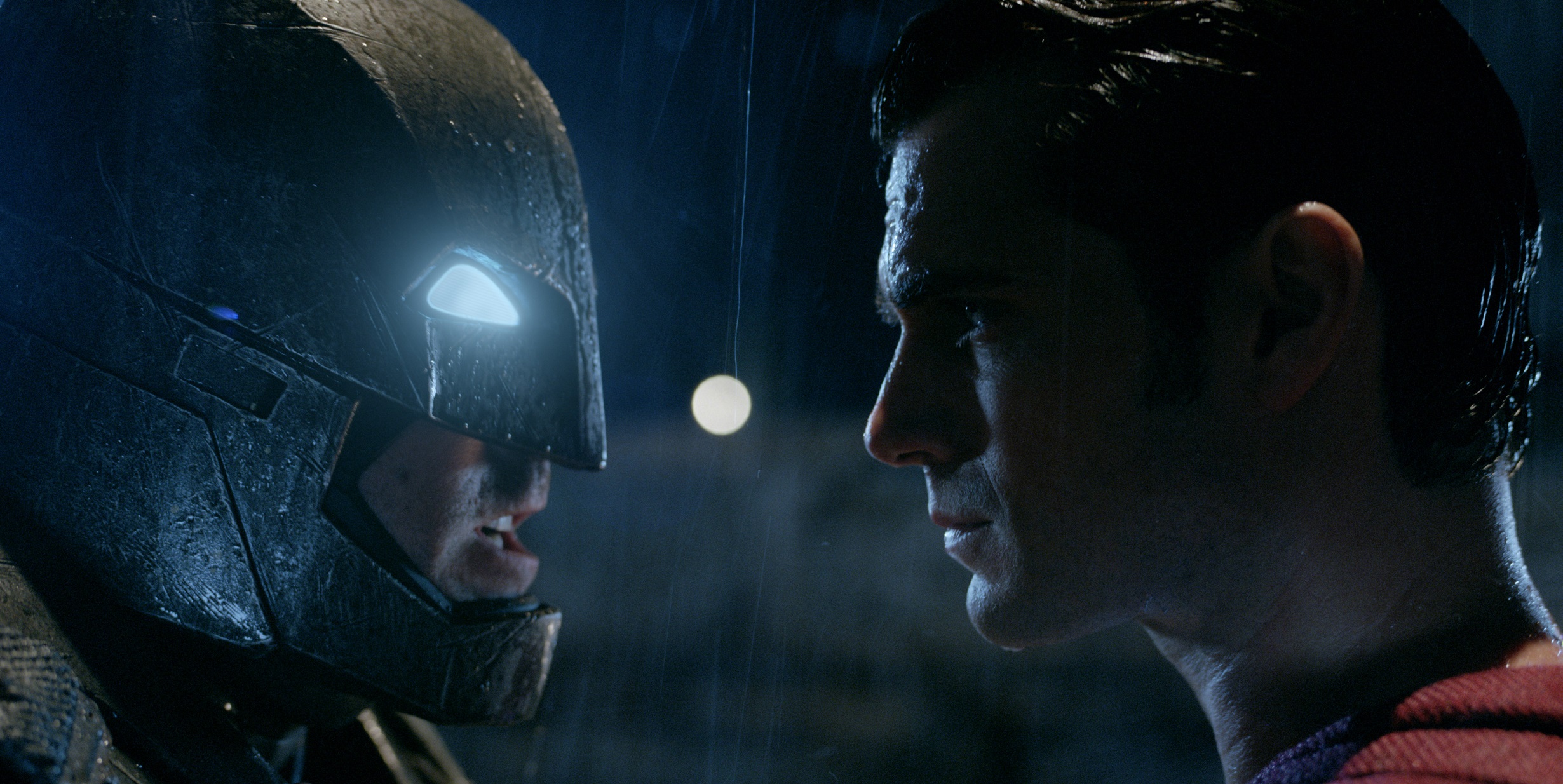Brett Ratner Thinks It’s Rotten Tomatoes, Not His Movies, That’s Destroying the Film Industry
Agree to disagree.


Brett Ratner has spent a lot of time over the years of his career as a producer and director publicly declaring his excuses for why his movies are get such bad reviews. You’d think it would be enough to just state the obvious: They’re bad movies. Boom. Case closed. But no, Ratner has gone on in interviews about how his films are poorly received because they make too much sense, or that he cared too much about women (something literally no one has ever thought about Brett Ratner), or whatever nonsense his mind lands on in any given moment. For now, he’s decided the reason we don’t like his movies is because of the film review aggregation site Rotten Tomatoes.
He told EW in an interview,
The worst thing that we have in today’s movie culture is Rotten Tomatoes. I think it’s the destruction of our business. I have such respect and admiration for film criticism. When I was growing up film criticism was a real art. And there was intellect that went into that. And you would read Pauline’s Kael’s reviews, or some others, and that doesn’t exist anymore. Now it’s about a number. A compounded number of how many positives vs. negatives. Now it’s about, ‘What’s your Rotten Tomatoes score?’ And that’s sad, because the Rotten Tomatoes score was so low on Batman v Superman I think it put a cloud over a movie that was incredibly successful.
People don’t realize what goes into making a movie like that. It’s mind-blowing. It’s just insane, it’s hurting the business, it’s getting people to not see a movie. In Middle America it’s, ‘Oh, it’s a low Rotten Tomatoes score so I’m not going to go see it because it must suck.’ But that number is an aggregate and one that nobody can figure out exactly what it means, and it’s not always correct. I’ve seen some great movies with really abysmal Rotten Tomatoes scores. What’s sad is film criticism has disappeared. It’s really sad.
Batman v Superman, which Ratner’s company produced, currently has a 27% rating on Rotten Tomatoes. So, sure, it makes sense that Ratner wouldn’t be the biggest fan of the site. And most people can agree that there are issues with Rotten Tomatoes as a ratings system. Like, for instance, the lack of women and other marginalized voices that skew ratings for female-driven films far lower than they would be if the voices represented were more diverse. Or, yes, the fact that a 70% rating can be read by casual viewers as a C grade, rather than knowing 70% of critics liked a movie. And if you used those aggregate numbers to determine all your movie-going choices, you’d most definitely miss a ton of films you would have loved.
But what Ratner is saying here is absolute crap. First of all, for all its awful reviews, BvS brought in about $900,000,000. So yeah, I don’t think giant explodey blockbusters are hurting. Smaller films, like Moonlight and Get Out, however, may very well get a bump from the general word-of-mouth aspect of Rotten Tomatoes. If you’d heard Get Out was good, but didn’t really know anything about it, you might end up seeing it. When you read all the reviews celebrating its rare 100% rating (before that one reviewer had to come in and knock it down to 99%), that was likely to make you take an active interest in seeking it out.
Also, what is this long-lost artful version of film criticism Ratner grew up with? That “film criticism has disappeared” statement? I don’t think Ratner and I live on the same internet if that’s his view. Hell, all you need to do is look at the reviews of Batman v Superman to see that this industry is full of clever, incisive critics.
And for many, the elitism of those good ol’ days isn’t a better alternative to the wide sea of opinions we have now. Sure, a lot of people had and still have favorite critics. But what about that “middle America” Ratner so condescendingly refers to? Before the internet, before Rotten Tomatoes, if the New York Times or Variety gave a movie a good or bad review, that was the equivalent of a high or low RT rating. Potential audiences who weren’t deep into film criticism, or didn’t have their own Pauline Kael to follow, saw the big reviews and that was it. That was taken as the general critical opinion. How is letting that influence rest on a few elite shoulders a better option than including more voices in the conversation? Because for those who do have their favorite critics whose opinions they trust and seek out, that hasn’t changed. Those critics still exist.
Oh, and if we’re going the “I don’t make movies for critics” route of trying to explain the bad reviews, Rotten Tomatoes also has an audience rating. Batman v Superman’s, by the way, is 63%, so for audiences looking for “real people’s” (though I’m pretty sure critics are real people, too) recommendations, those are there, too.
So maybe Ratner needs to move on to another excuse. Rotten Tomatoes isn’t a perfect site by any means, but it’s not the destruction of the movie business. Brett Ratner’s bad reviews are not a sign of the deterioration of the art of film criticism. It’s a sign that Brett Ratner makes terrible movies.
(image via Warner Bros.)
Want more stories like this? Become a subscriber and support the site!
—The Mary Sue has a strict comment policy that forbids, but is not limited to, personal insults toward anyone, hate speech, and trolling.—
Follow The Mary Sue on Twitter, Facebook, Tumblr, Pinterest, & Google+.
Have a tip we should know? [email protected]
